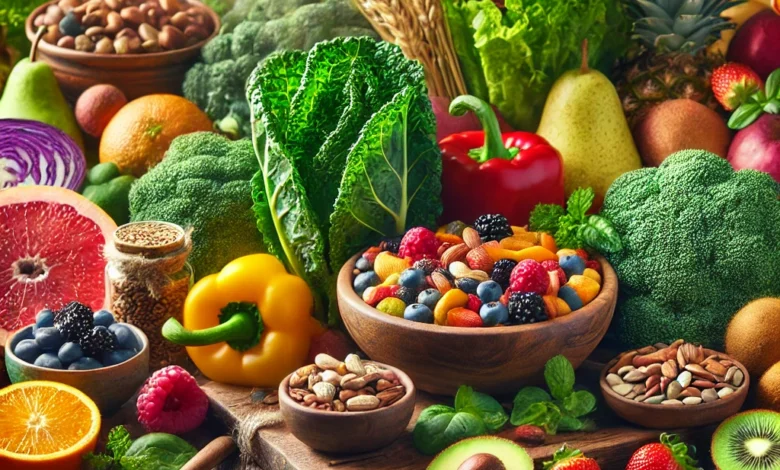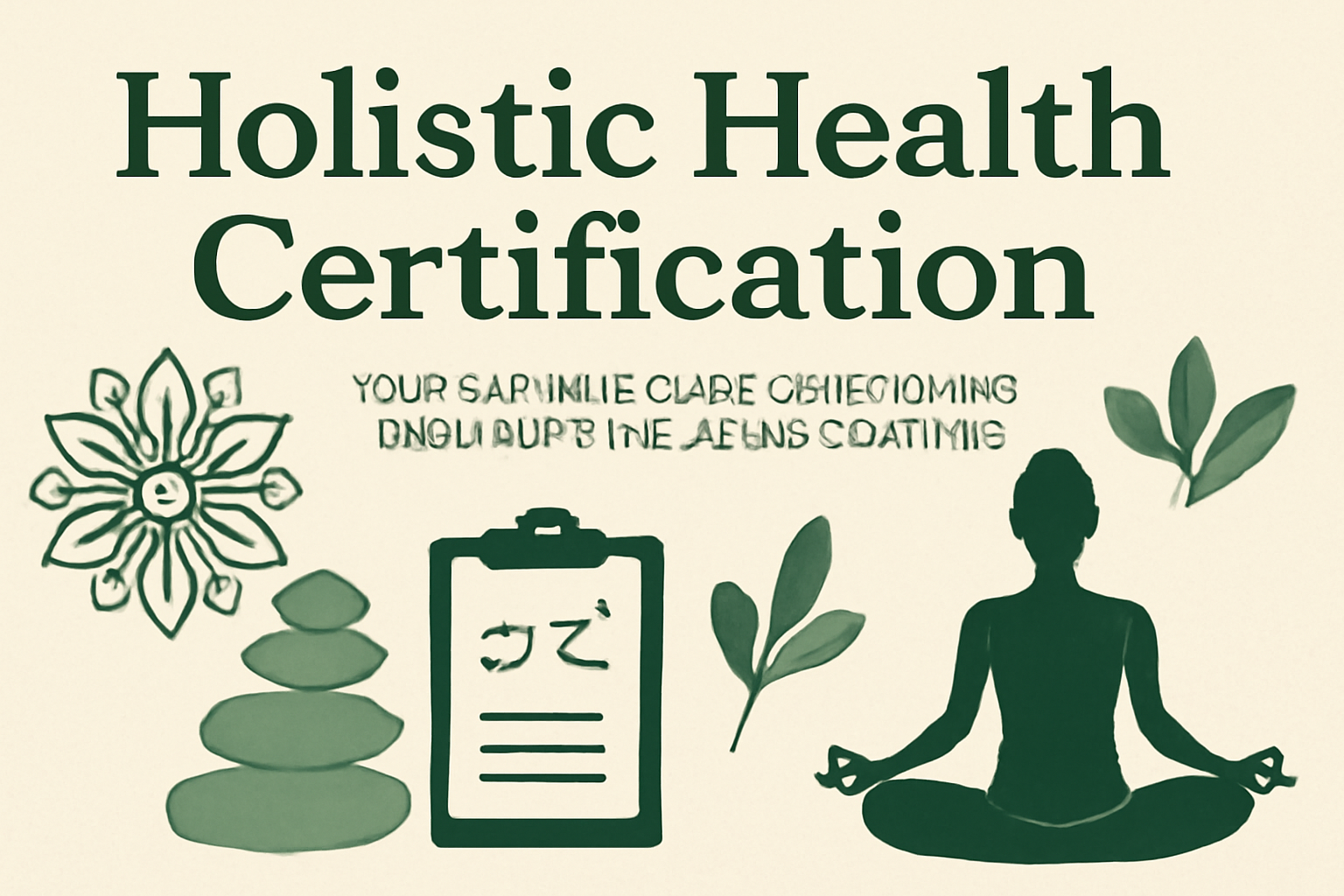The Benefits of a Plant-Based Diet

The Rise of Plant-Based Eating
In recent years, there’s been a significant shift towards plant-based eating across the globe. Whether motivated by health, environmental concerns, ethical reasons, or a combination of these factors, more and more people are embracing a diet centered around plants. But what exactly is a plant-based diet? While many assume it’s synonymous with veganism, a plant-based diet is actually more flexible. It focuses primarily on foods derived from plants—fruits, vegetables, grains, nuts, seeds, legumes—while not necessarily excluding animal products entirely. The emphasis is on incorporating more plant foods into your daily meals.
Health Benefits of a Plant-Based Diet
Enhancing Heart Health
One of the most compelling reasons to adopt a plant-based diet is its profound impact on heart health. Research consistently shows that diets rich in plant-based foods can lower cholesterol levels, reduce blood pressure, and decrease the risk of heart disease. The absence of high saturated fats found in many animal products and the abundance of heart-healthy nutrients such as fiber, potassium, and antioxidants in plants contribute to this protective effect.
Weight Management and Obesity Prevention
Struggling with weight management? A plant-based diet could be the answer. Plant foods, especially vegetables, fruits, and whole grains, are generally lower in calories and higher in fiber compared to animal products. This means you can eat more while consuming fewer calories, helping to prevent overeating and promote weight loss. Additionally, the high fiber content in plant-based foods promotes feelings of fullness, which can curb the urge to snack on unhealthy foods.
Improved Digestion and Gut Health
Your gut will thank you for switching to a plant-based diet. The fiber found in fruits, vegetables, and whole grains acts as a natural digestive aid, helping to keep your digestive system running smoothly. Moreover, plant-based diets are rich in prebiotics, the food for beneficial gut bacteria, which play a crucial role in maintaining gut health and overall well-being.
Lowering the Risk of Type 2 Diabetes
Type 2 diabetes is a growing health concern worldwide, but a plant-based diet can help manage and even prevent this condition. Plant-based diets help regulate blood sugar levels by providing a steady release of energy, preventing the spikes and crashes that contribute to insulin resistance. Furthermore, plant-based diets are typically lower in unhealthy fats, which can improve insulin sensitivity and reduce the risk of developing type 2 diabetes.
Reducing Cancer Risk
Eating more plants can also lower your risk of certain cancers. Vegetables, fruits, and whole grains are packed with antioxidants and phytochemicals, which protect cells from damage and reduce inflammation—two factors that contribute to cancer development. Studies have found that individuals who follow a plant-based diet have a lower risk of developing cancers of the colon, breast, and prostate, among others.
Enhancing Mental Health and Cognitive Function
What you eat affects not just your physical health but your mental health too. A plant-based diet has been linked to lower rates of depression, anxiety, and stress. The nutrients found in plant-based foods—such as omega-3 fatty acids from flaxseeds and walnuts, folate from leafy greens, and antioxidants from berries—are essential for brain health and cognitive function.
Environmental Benefits of a Plant-Based Diet
Reducing Greenhouse Gas Emissions
Animal agriculture is a major contributor to greenhouse gas emissions, which are driving climate change. By choosing a plant-based diet, you can significantly reduce your carbon footprint. Plant-based foods generally require fewer resources to produce and emit far less carbon dioxide, methane, and nitrous oxide compared to meat and dairy production. This makes a plant-based diet one of the most effective ways to combat global warming on an individual level.
Conserving Water Resources
Water is a precious resource, and how we use it has a big impact on the environment. Producing plant-based foods typically uses far less water than raising animals for meat and dairy. For instance, the water required to produce one kilogram of beef is vastly greater than that needed to grow the same amount of grains or vegetables. By eating more plants, you help conserve water and contribute to a more sustainable water management system.
Protecting Biodiversity and Ecosystems
The expansion of agricultural land for animal farming is a leading cause of deforestation, habitat destruction, and biodiversity loss. A shift towards plant-based eating can reduce the demand for land-intensive animal agriculture, thereby helping to protect forests and other ecosystems. Additionally, plant-based farming can be done in ways that are more harmonious with nature, preserving the habitats of countless species.
Ethical and Social Benefits of a Plant-Based Diet
Animal Welfare Considerations
For many, the ethical treatment of animals is a key reason for adopting a plant-based diet. Factory farming, which supplies the vast majority of animal products in many countries, often involves inhumane practices. By choosing plant-based foods, you can reduce demand for these products and take a stand against animal cruelty. This choice aligns with a growing awareness of the need to treat animals with kindness and respect.
Addressing Global Food Security
As the global population continues to rise, food security is becoming an increasingly pressing issue. Plant-based diets can help address this by making food production more efficient. It requires far fewer resources—land, water, and energy—to produce plant-based foods compared to animal products. This efficiency means more food can be produced to feed the growing population, reducing hunger and malnutrition worldwide.
Common Myths and Misconceptions About Plant-Based Diets
“Plant-Based Diets Lack Protein”
One of the most common myths about plant-based diets is that they don’t provide enough protein. However, there are plenty of plant-based sources of protein, including beans, lentils, tofu, tempeh, nuts, seeds, and whole grains. By eating a variety of these foods, you can easily meet your protein needs. Moreover, many plant-based proteins come with additional benefits, such as fiber and essential vitamins, that animal proteins lack.
“You Can’t Get Enough Nutrients”
Another misconception is that plant-based diets are deficient in certain nutrients like vitamin B12, iron, and omega-3 fatty acids. While it’s true that these nutrients are more abundant in animal products, they can still be obtained from plant-based sources. For example, B12 can be found in fortified foods, iron is abundant in legumes and leafy greens, and flaxseeds and chia seeds are great sources of omega-3s. It’s all about knowing where to find these nutrients and planning your diet accordingly.
“Plant-Based Diets Are Expensive”
Many people believe that eating plant-based is costly, but this doesn’t have to be the case. In fact, some of the most affordable foods—like beans, lentils, rice, and seasonal vegetables—are plant-based. By focusing on whole foods and avoiding processed plant-based products, you can eat healthily on a budget. Planning meals, buying in bulk, and cooking at home can further reduce costs.
Practical Tips for Transitioning to a Plant-Based Diet
Start Gradually
If the idea of going completely plant-based feels overwhelming, start gradually. Begin by incorporating more plant-based meals into your diet and slowly reducing your intake of animal products. This approach allows your taste buds and habits to adjust, making the transition smoother and more sustainable in the long run.
Meal Planning and Preparation
Meal planning is key to success on a plant-based diet. By planning your meals in advance, you can ensure they are balanced and satisfying, preventing the temptation to fall back on less healthy options. Preparation is also important—having ingredients prepped and ready to go makes it easier to whip up a plant-based meal even on busy days. Consider setting aside time each week to chop vegetables, cook grains, and prepare snacks.
Overcoming Challenges
Transitioning to a plant-based diet can come with challenges, but they’re manageable with a little foresight. Social situations, for instance, can be tricky, but you can prepare by bringing a plant-based dish to share or checking the menu in advance when eating out. Cravings for certain foods can be met with plant-based alternatives or by exploring new flavors and recipes that excite your palate.
The Long-Term Impact of a Plant-Based Diet
Lifelong Health Benefits
The benefits of a plant-based diet extend far beyond immediate health improvements. Over the long term, a diet rich in plants can lead to a longer, healthier life. Studies have shown that plant-based diets are associated with lower rates of chronic diseases such as heart disease, diabetes, and cancer, which can add years to your life. Moreover, the anti-inflammatory and antioxidant properties of plant foods can help you age gracefully, maintaining your vitality as you grow older.
Inspiring Positive Change in Others
By adopting a plant-based diet, you can also inspire others to make healthier, more sustainable choices. Whether through your family, friends, or social networks, your commitment to plant-based eating can encourage those around you to explore the benefits for themselves. This ripple effect can lead to broader social change, contributing to a healthier, more compassionate world.
Conclusion
Embracing the Plant-Based Lifestyle
In summary, the benefits of a plant-based diet are vast and varied, encompassing everything from improved health and longevity to environmental sustainability and ethical considerations. Whether you’re motivated by personal health goals, a desire to reduce your environmental impact, or a commitment to animal welfare, transitioning to a plant-based diet is a powerful way to make a positive difference. So why not give it a try? Start by incorporating more plant-based foods into your meals and see how it makes you feel. The journey to a healthier, more sustainable lifestyle begins with a single step—one plant-based meal at a time.
FAQs
Is a plant-based diet suitable for children?
Yes, a plant-based diet can be suitable for children if it’s well-planned to include all essential nutrients. It’s important to ensure they get enough protein, calcium, iron, and vitamins, which can be found in a variety of plant-based foods.
Can athletes thrive on a plant-based diet?
Absolutely! Many athletes perform at the highest levels on plant-based diets. These diets can provide all the necessary nutrients for energy, recovery, and muscle growth, especially when they include a variety of whole foods.
How can I ensure I get enough iron and B12 on a plant-based diet?
Iron can be found in legumes, seeds, and leafy greens, while B12 is available in fortified foods and supplements. It’s important to monitor these nutrients and consider supplementation if necessary.
What are some quick plant-based snack ideas?
Some easy plant-based snacks include fresh fruit, nuts, seeds, hummus with veggies, whole-grain crackers, or a smoothie made with plant-based milk and protein.
How do I deal with social pressure when following a plant-based diet?
Communicate your reasons for choosing a plant-based diet clearly and confidently. Offer to bring a plant-based dish to social gatherings and find support in online communities or with like-minded friends.



